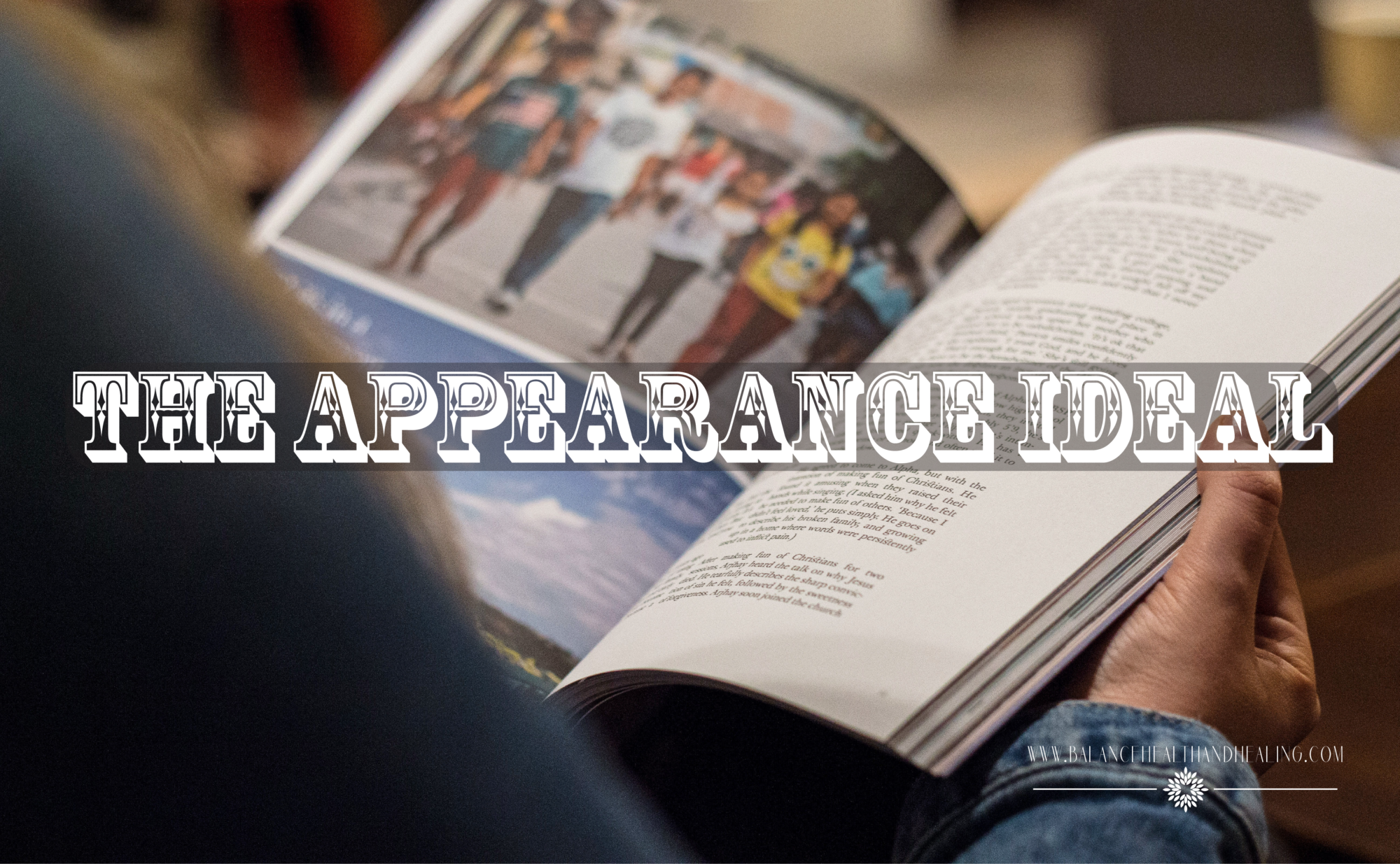As I’ve asked numerous groups of women “what does the ideal woman look like?” There has been a common thread of answers. She is: skinny, tall, and has long legs. She has full lips, a big chest, a full head of wavy, long hair. Long eyelashes, protruding cheek bones, toned and attractive are also in the thread.
Then after a few minutes, some contradictions start becoming apparent.
“She is skinny but can’t be too skinny.”
“She has to be wearing makeup but it has to look natural.”
“Her body has to be toned but if she is too muscular than that isn’t considered attractive.”
These contradictions could continue on for each part of a woman’s body and features. Even with these contradictions, the appearance ideal impacts how we view our bodies.
Contradicting Standards
Not only are the standards for a woman’s body set unrealistically high, there are constant contradictions. In a world that’s trying to force you to be a certain way, it’s already confusing enough without the contradictions. How can we reject this appearance ideal that is not only unattainable but it also doesn’t make sense?
To reject the appearance ideal, it can be helpful to be critical of the ideal. It’s already established that it is contradictory and unobtainable. But it can also be helpful to ponder on where the ideal even came from. It can be argued that media has had a huge impact on the appearance ideal set for women. The sad reality is that even the celebrities that we esteem as most beautiful are touched up by digital programs.
Are the ones who are digitally touching up the celebrities the ones who are deciding what is most beautiful? Do you think those who are implementing the appearance ideals are fitting the appearance ideals themselves?
Even with the knowledge that the photos are touched up, we still compare ourselves to these photos. Why do we let ourselves be burdened by an appearance ideal that is implemented by digital programmers and isn’t even possible? A way to not support this is by not buying the magazines or unfollowing accounts on social media who promote the appearance ideal. Especially when promoted in an unhealthy way. To a degree, we can take responsibility for the images and ideas that we allow into our lives.
Self-Reflection
After thinking on the appearance ideal, it can be helpful to have self-reflection time. Ask yourself what appearance ideals are you holding yourself to. What is the driving force behind wanting to achieve these appearance ideals? Will achieving these ideals bring you your desired outcome? I think the answers to these questions can be eye opening to understanding the effect these ideals are having in your life.
It may be helpful to understand what you truly are seeking for by aspiring to these ideals. Some examples may be acceptance, love, admiration, respect, and there are many more. But in what ways  will achieving the appearance ideal lead to these desires? The appearance ideal doesn’t equal more love. In fact, an unachievable ideal gives false hope that you’ll feel more love or acceptance. These desires won’t be achieved through something of little sustenance, like obtaining a certain look, but rather on gaining confidence in who you are.
will achieving the appearance ideal lead to these desires? The appearance ideal doesn’t equal more love. In fact, an unachievable ideal gives false hope that you’ll feel more love or acceptance. These desires won’t be achieved through something of little sustenance, like obtaining a certain look, but rather on gaining confidence in who you are.
Reject the Appearance Ideal
To fully reject the appearance ideal, you’ll need to learn the courage to accept your body, despite how the media thinks you should feel about it. Embrace your genetics that make you who you are. That dimple on your cheek that you and your mom both have or the body shape that runs in your family are appearances that can be a connection! To lose those things to strive for what media tells you is acceptable, would be to lose a piece of you.
I know it takes courage to accept what you may not see as being the appearance ideal but it can be liberating to not buy into it anymore. You can stop running (sometimes literally) after something that is unachievable. Even if you achieved the appearance ideal, the finish line would be pushed further. Basically, it won’t ever be enough, so how can you win at something that won’t ever end?
As you break down the appearance ideal and realize that not even those we esteem to be the best looking have reached the appearance ideal, reflect on what you are truly seeking through the pursuit of the ideal, and have the courage to accept your body, you will be able to break from the unhealthy burden that the appearance ideal is. You are worth more than what a stranger tells you you should look like.

